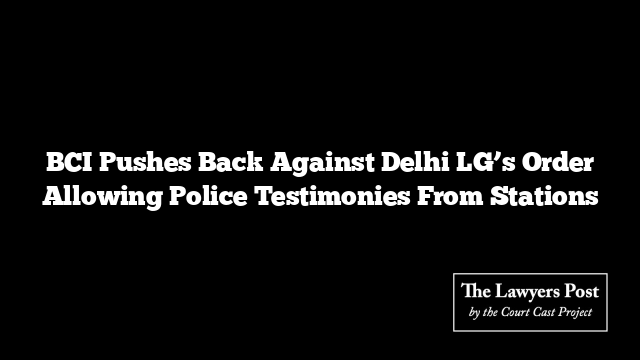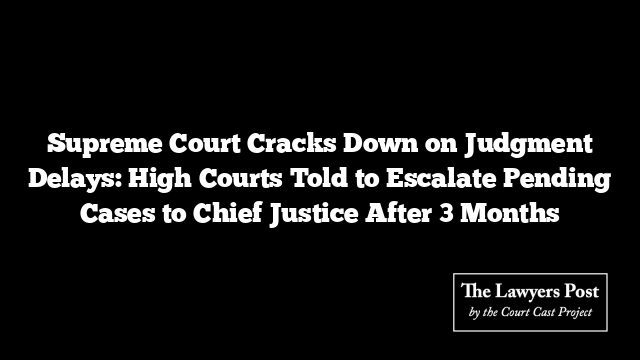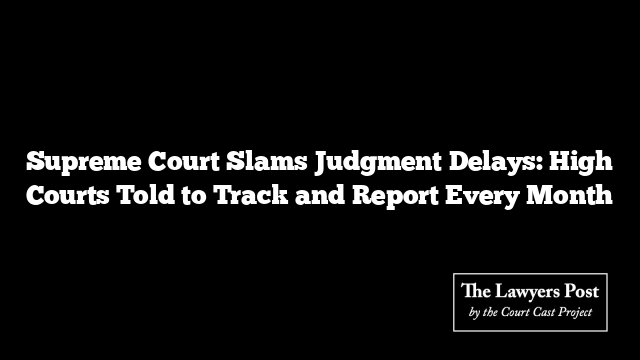The Bar Council of India (BCI) has stepped into the brewing storm over Delhi’s recent notification that permits police officials to testify for criminal trials directly from their police stations. In a strongly worded letter to the Lieutenant Governor, the Council demanded that the order dated August 13 be rolled back immediately.
The BCI argued that such a move chips away at the foundation of fair trial principles. According to the Council, allowing officers to depose from their own stations strips away judicial oversight, dilutes the effectiveness of cross-examination, and creates room for manipulation.
What irked the body further was that it wasn’t even consulted before the notification was issued. “A major shift in criminal procedure cannot be pushed through without dialogue. We’re not against technological progress, but reforms of this magnitude must involve the Bar, the Bench, and all stakeholders,” the letter stressed.
Since August 22, lawyers across Delhi’s district courts have been on strike, refusing to appear before courts in protest. Their joint committee warned that any lawyer breaking ranks—whether through physical presence or virtual appearance—would face strict action.
The protesting associations pointed out the dangers of remote testimonies from within police stations. Officers, they said, could rely on unseen notes or external inputs, and physical evidence like seized articles or weapons couldn’t be properly examined over a video feed. “Neutrality suffers, and fairness is compromised,” their representation warned.
Despite repeated appeals—including one addressed jointly to the LG and the Union government on August 20—the notification remains in force. With no sign of withdrawal, the strike continues to escalate.
Adding weight to the opposition, the Supreme Court Bar Association and the Delhi High Court Bar Association have also denounced the move, branding it unlawful, arbitrary, and a direct violation of natural justice.





